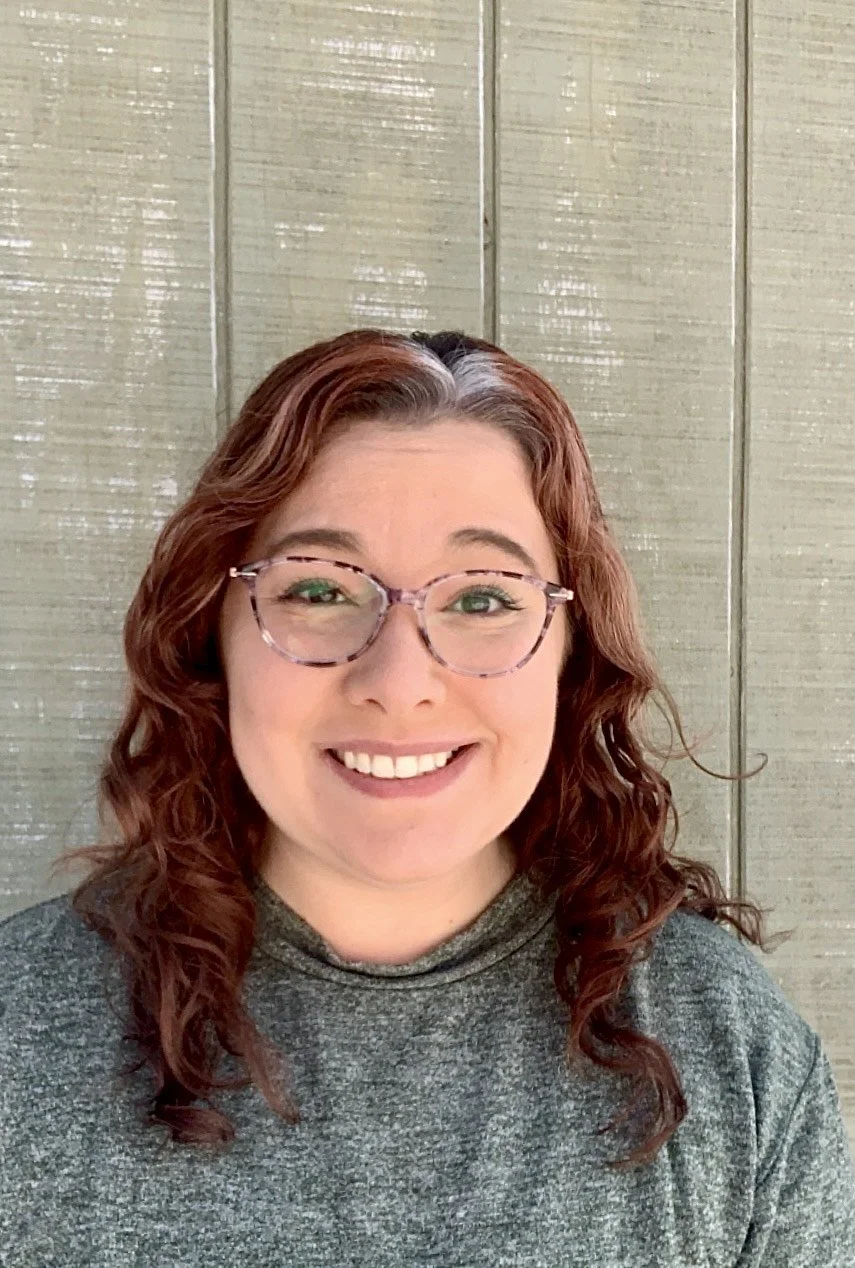Annelise Kohler
BScN, MSc, CPMHN(C), RN, Psychotherapist
Specializes in Individual Therapy, ADHD/Neurodiversity-Affirming Therapy, LGBTQIA+ Therapy, and Youth Therapy (14+).
-
Hi, I’m Annelise! I am passionate about working with neurodivergent individuals and those navigating complex mental health challenges. My journey from bedside nursing into psychotherapy was shaped by my years in both inpatient and outpatient Mood Disorders care, where I saw firsthand how deeply trauma and neurodivergent burnout are interwoven with mental health struggles. Too often, the medical model pathologizes what is actually a response to an overwhelming system rather than an inherent “disorder.” I realized that real healing comes from curiosity, exploration, and collaboration with clients—not just assigning diagnoses. Shifting to psychotherapy has allowed me to support individuals in a way that prioritizes autonomy, understanding, and self-empowerment.
My approach is informed by neurodiversity-affirming, trauma-informed care, and I specialize in working with ADHDers and Autistic individuals, particularly those diagnosed later in life (or self-diagnosed). Helping clients shift from the mindset of “I’m the problem” to recognizing that “the problem is the problem” has been some of the most rewarding work of my career.
As a nurse psychotherapist certified in Psychiatric and Mental Health Nursing through the Canadian Nurses Association (CPMHN), I bring a unique lens to therapy—combining my deep understanding of mental health medications with a non-pathologizing, client-centered approach. I believe in educating clients about all of their treatment options so they can make informed choices and advocate for themselves, rather than feeling like treatment is something happening to them. In therapy, I draw from Cognitive Behavioral Therapy, Dialectical Behaviour Therapy, Interpersonal Psychotherapy, and Internal Family Systems, all adapted through a neurodiversity-affirming framework. This means paying attention to sensory differences, communication styles, and learning preferences to create a truly personalized approach to therapy.
At my core, I believe therapy should be a collaborative process. No one should feel pressured into a specific treatment or approach—clients deserve full autonomy over their care. My role is to listen, offer insights, and work alongside each person to create a plan that fits their unique needs. If something in therapy isn’t working, I see it as my responsibility to adapt, not the client’s job to conform. I also strongly believe in challenging societal norms that marginalize and oppress, helping clients reframe outdated narratives about what is “normal” and embracing the value of their own unique experiences.
Outside of therapy, I love teaching and mentoring new therapists, particularly in neurodiversity-affirming care, as this is an area that remains critically under-addressed in formal training. I also enjoy painting, hiking, singing, playing with my dogs, and collecting interesting rocks whenever I get the chance.
For anyone considering therapy but feeling unsure, my advice is this: Be mindful of the internalized messages you’ve been given about your experiences. You are not “broken” or “wrong.” You deserve a space where you are truly seen, heard, and valued for exactly who you are. Let’s work together to find that space.
-
Individual Appointments: $165.00 per hour
You can see all services, rates, and availability on our Jane booking site. Book a free consultation or contact us with any questions!
-
Neurodiversity refers to the natural variations in how our brains function. While everyone is neurodiverse in the broad sense, the term Neurodivergent describes individuals whose brain function differs from what society considers “typical” — and who are often marginalized or pathologized because of those differences.
Neurodiversity-Affirming Therapy recognizes that differences in thinking, communication, or sensory experience are not deficits. Instead, it acknowledges that many of the challenges Neurodivergent folks face are the result of a lack of understanding and accommodation in the world around them.
As therapists, it’s our responsibility to move beyond what we can observe and instead focus on understanding your internal experience. Historically, mental health care has not been created with Neurodivergent people in mind. Our goal is to change that.
This approach does not aim to “fix” or “cure” Neurodivergence. Instead, we adapt therapeutic approaches to honour your needs and make therapy more accessible. That could mean respecting sensory boundaries, reducing unnecessary demands, creating space to safely unmask, supporting non-verbal communication, or simply holding space for how your brain works — because no two are exactly alike.


